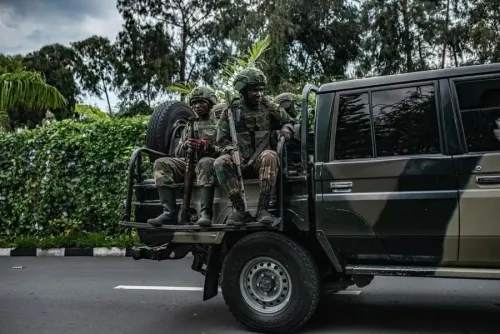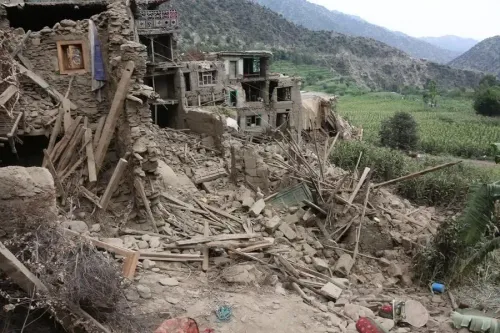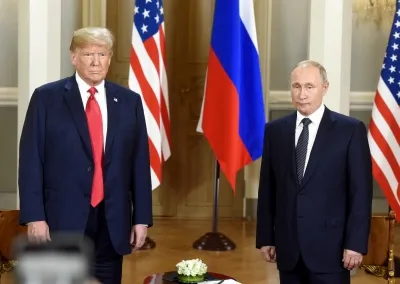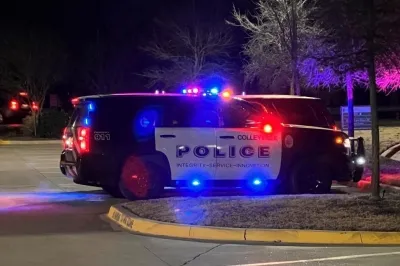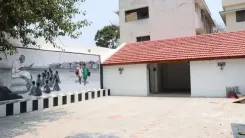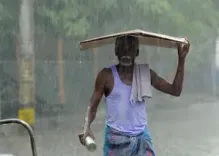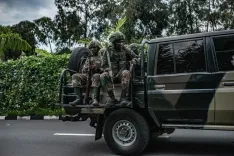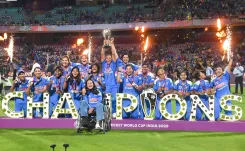Why Does a Father in PoJK Accuse Police of Protecting His Son’s Killers?
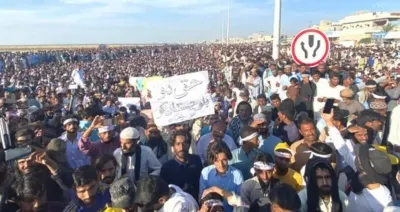
Synopsis
Key Takeaways
- A father’s relentless pursuit of justice in the face of systemic corruption.
- Issues of power and privilege affecting the justice system in Pakistan.
- The emotional toll on families seeking accountability for violent crimes.
- The role of political influence in criminal cases.
- The need for reform in law enforcement practices.
New Delhi, Nov 2 (NationPress) Nearly four years after the tragic murder of his 22-year-old son, a grief-stricken father from Pakistan-Occupied Jammu & Kashmir (PoJK) continues to seek justice. He claims that law enforcement has intentionally undermined the case to shield powerful suspects.
Syed Afir Kazmi, a bus driver for a college in Hattian Bala, asserts that his son, Syed Faraz Hussain Shah, a budding car mechanic, was viciously killed by individuals whose identities were known from the outset.
However, he states that not a single assailant has faced justice.
"The police pinpointed the accused, yet took no action," Kazmi expressed to Kashmir Breaking News.
"For four years, I have gone from office to office pleading for justice, but instead, the system favors the influential."
Kazmi alleges that the suspects have enjoyed both political and social backing, allowing them to evade accountability despite what he describes as clear police documentation and eyewitness testimonies.
Rather than pursuing the suspects, he claims that authorities have prolonged investigations, accepted bribes, and treated the murderers as if they were guests.
The distraught father notes that he has repeatedly reached out to senior police figures, including the Inspector General, and submitted formal requests to higher authorities—all to no avail.
"If my son had belonged to a prominent family or a political dynasty, his killers would be incarcerated by now," he lamented, his voice heavy with emotion.
In a renewed appeal, Kazmi has urged Shaukat Nawaz Mir and the Awami Action Committee to step in and demand accountability from local authorities.
"I am just a poor man without influence," Kazmi stated.
"But I won’t give up. My son deserves justice, and I will fight until his murderers are brought to justice."
Kazmi's fight has become emblematic of a broader issue in Pakistan—a judicial system where power and privilege dictate the course of justice, leaving ordinary citizens trapped in sorrow, despair, and unanswered pleas.

